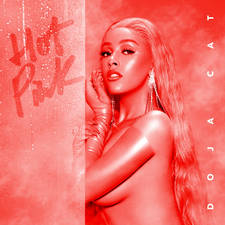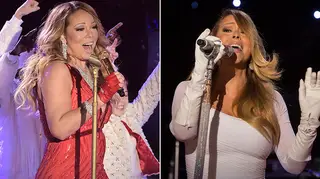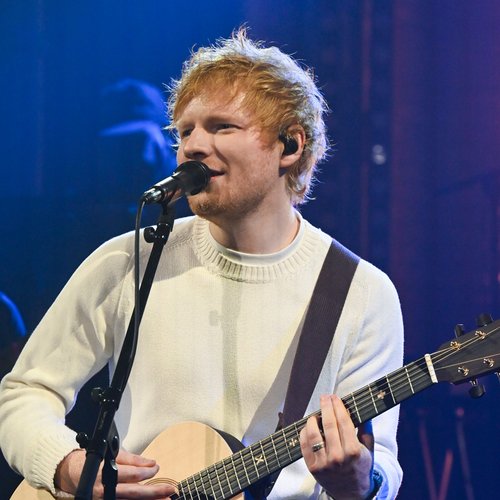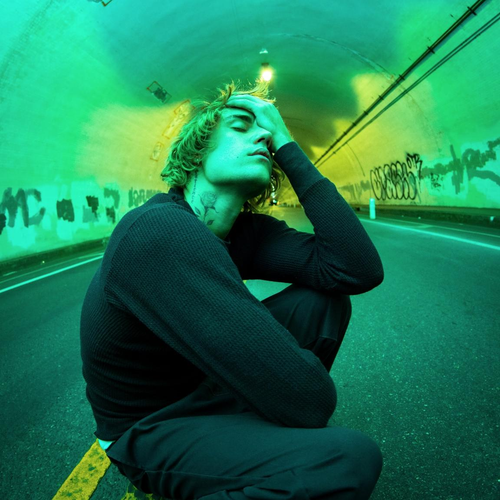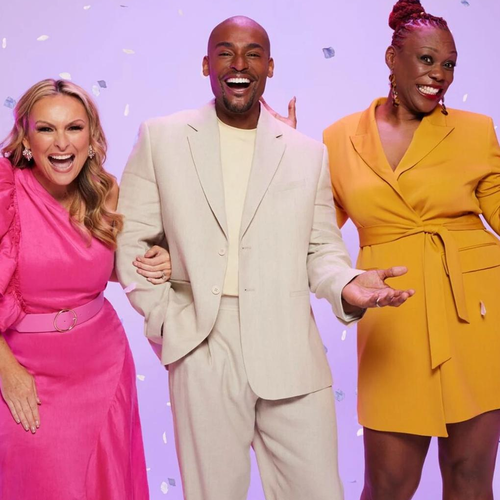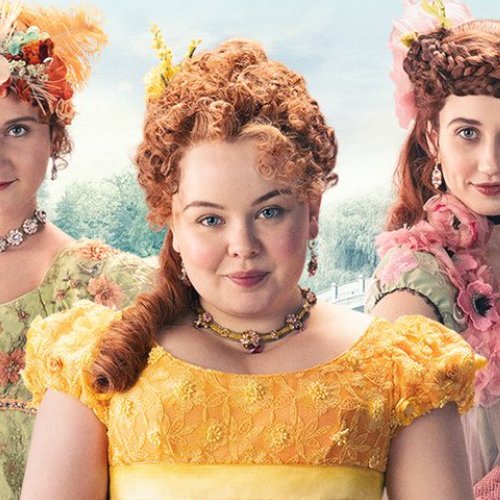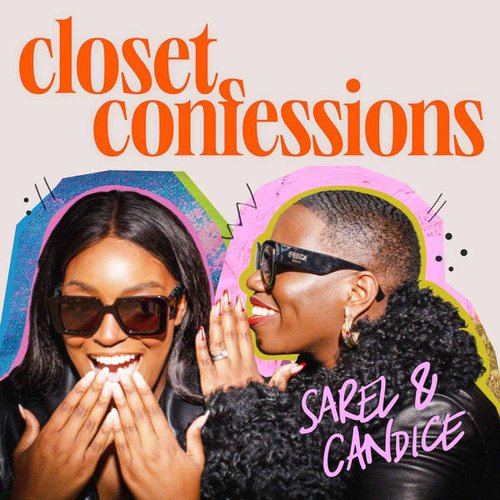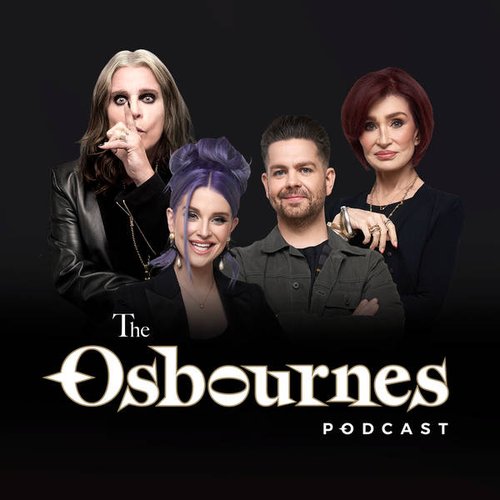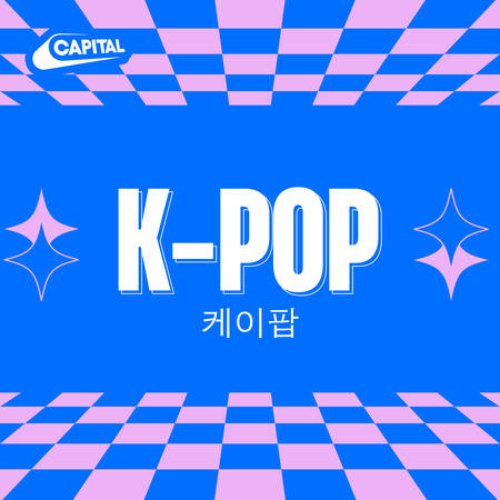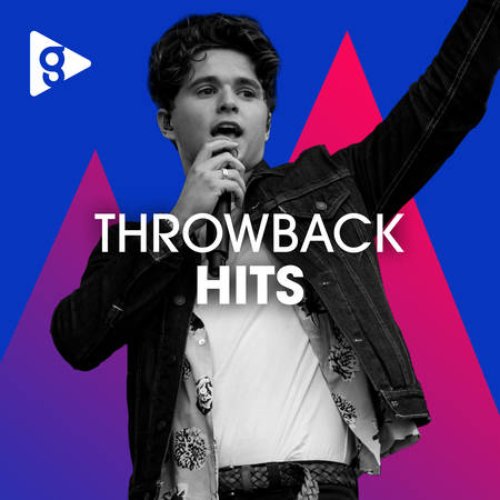What Is The Taylor Swift Bill?
9 May 2024, 16:21 | Updated: 9 May 2024, 16:23

Two days before Taylor Swift's first European Eras Tour show in Paris a 'Taylor Swift bill' was signed into Minnesota law. But what does this bill mean?
Listen to this article
Taylor Swift really is dominating the world right now, so much so that she's made her way into US law...
Just ahead of performing in Paris for her first show of The Eras Tour's European leg, Minnesota wrote new legislation dubbed the 'Taylor Swift bill' into their state's law.
- Read more: Taylor Swift Ticket Holders Need To Know About This New Rule Change
- Read more: Taylor Swift's Eras Tour Reference In 'I Can Do It With A Broken Heart' Has Fans In Tears
The legislation is based on the complications of getting tickets to shows, but what are the finer details? Here's what we know.

What is the Taylor Swift bill?
The bill, officially named 'House File 1989' in reference to Taylor's latest album 'The Tortured Poets Department' and the year that she was born, is a piece of legislation currently only signed into Minnesota law.
The legislation requires sellers offering tickets to people in the state, or tickets for concerts being held there, to disclose all fees up front.
It also prohibits resellers from selling more than one copy of a ticket, among other measures and it comes into effect from 1st January 2025 and will apply to all tickets sold on or after that date.
Why is there a Taylor Swift bill?
Too many of us know the stress of trying to get tickets to see our favourite artists; the queues, the timed checkout, the inflated resale prices and many other stresses. Well, the chief author of the bill put 'House File 1989' forward after struggling to get her hands on Taylor tickets in 2022.
Her name is Kelly Moller and she's the Minnesota State Representative. She said that she was one of thousands who experienced Ticketmaster's system crash amid huge demand for Taylor's concert tickets. The huge demand also included attacks from bots, who were trying to buy tickets for resale at inflated prices.

Taylor Swift drops TTPD easter eggs in tour rehearsal video
Support for the bill also came from Governor Tim Walz, who signed the bill into law at First Avenue, a popular concert venue in downtown Minneapolis.
He described the legislation as "protection so you don't get a bad ticket, a fraudulent ticket, and resellers can't snatch them all up before you get an opportunity".
Two young Swifties also attended the bill signing with their dad Mike Dean, who testified in support of it. He detailed the experience of going to buy his daughter tickets for $300 that ended up being $500 because of hidden fees.
Due to the timer feature on ticket cites he felt pressure to buy the tickets while he had the opportunity. He told Associated Press that these practices mean 'customers can't make informed decisions'.

Major ticket selling cites, Ticketmaster and Stubhub have put forward statements in response to the law.
A Ticketmaster spokesperson said: "We applaud Governor Tim Walz, Representative Kelly Moller, and Senator Matt Klein for championing protections for Minnesota consumers and holding ticket resellers accountable.
"We've long advocated for a ban on speculative ticketing, mandating all-in pricing, and enforcing stricter bot laws. This legislation enacts one of the nation's strongest ticketing reform laws."
And Stubhub said: "StubHub has long advocated for legislation that protects fans from anti-competitive and anti-consumer practices in the ticket buying process.
"We share the goals of HF1989 and look forward to continuing discussions with policymakers to advance policies that provide more transparency, more control, and more choice for ticket buyers."
Concert goers, do you think this would make a good UK law?
Listen live to Capital, and catch up on any shows you missed, on Global Player.
